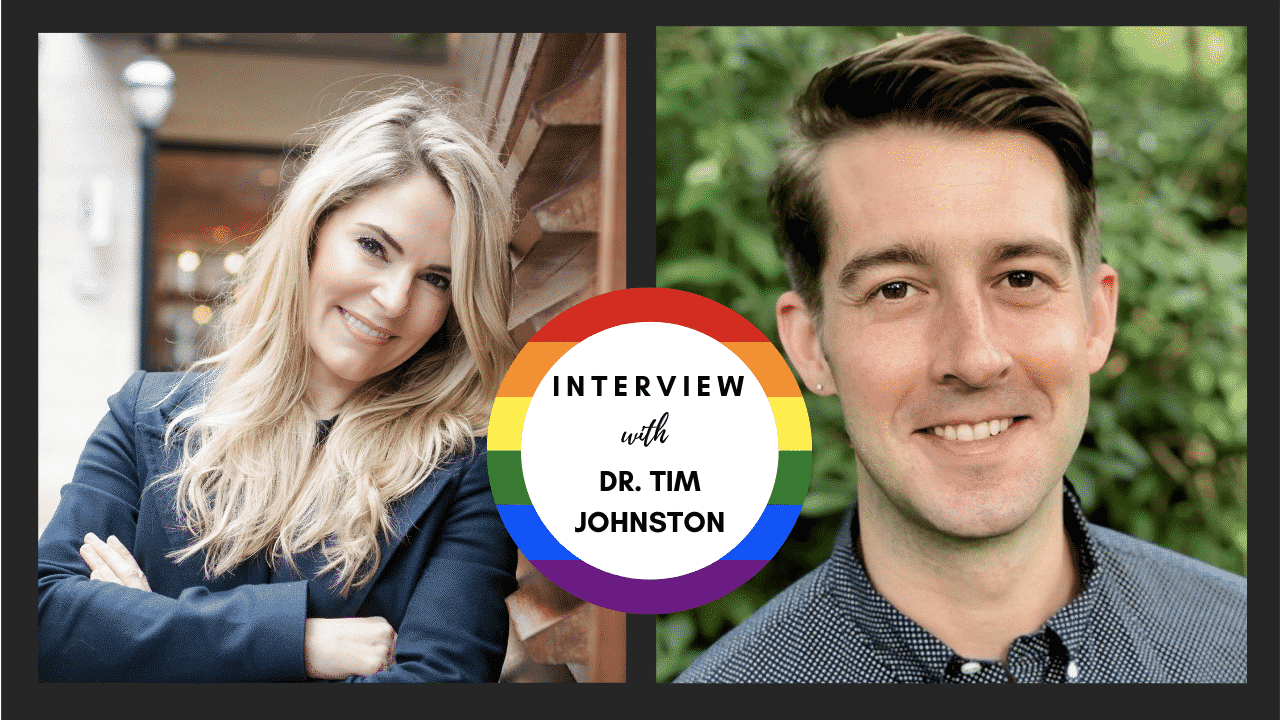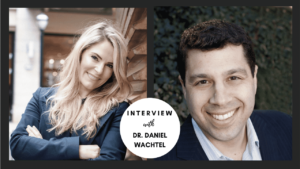If you’re a caregiver, you know that caregiving can be rewarding and incredibly challenging, all at the same time. If you’re an LGBTQ caregiver, you’ll have some unique challenges that straight caregivers don’t typically have. Some of these being that LGTBQ Caregivers experience more isolation while caregiving and have poorer mental and physical health in the long run.
Here’s the good news… we can improve this. This episode will share many resources and tips for helping LGTBQ caregivers reduce isolation and improve outcomes for the caregiver and the person they are caring for!
I want you to have the most up to date information on LGTBQ caregivers, so today, we go straight to the source and interview SAGE’s, Senior Director of National Projects, Dr. Tim Johnston.
SAGE is a national advocacy and services organization that’s been looking out for LGBT elders since 1978. SAGE builds welcoming communities and keeps LGBT issues in the national conversation which ensures a fulfilling future for all LGBT people.
Today, I am delighted to interview Dr. Tim Johnston, the Senior Director of National Projects at SAGE. In this role, Dr. Johnston oversees the SAGECare cultural competency training program, and national partnerships with other advocacy organizations. Dr. Johnston is the author of Welcoming LGBT Residents: A Practical Guide for Senior Living Staff, which is the first comprehensive book on how to create a positive and safer experience for LGBT older adults in senior living settings. And today, he’s going to share his expertise with us.
Here’s a look inside my interview with Dr. Tim Johnston:
- [04:32] Dr. Johnston talks about LGTBQ caregivers and what may be contributing to LGTBQ caregivers having higher rates of isolation while providing care.
- [06:35] When caring for a loved one with dementia, transgender caregivers may experience their loved one with dementia not recognizing them. Dr. Johnston reveals some heart-tugging examples of this and other examples.
- [08:02] Dr. Johnston and I discuss the relationship wounds that may have existed in the relationship between the LGTBQ caregiver and their loved one and how the caregiver can maintain boundaries and a sense of self and personal integrity during the caregiving journey.
- [12:11] Dr. Johnston shares tips for what LGTBQ caregivers can do to manage stress and promote wellness for themselves.
- [14:48] Discover the must have LGTBQ caregiving resource guides recommended by Dr. Johnston.
- [17:38] Dr. Johnston shares how LGTBQ caregivers can find supportive and affirming caregiving communities.
- [20:01] Family may not mean the same thing to you as it does to me. Dr. Johnston shares the importance of broadening our definition of family, especially when it comes to LGTBQ older adults and LGTBQ caregivers.
- [22:42] Professionals working with older adults and caregivers can create environments that are welcoming to LGTBQ folks. Dr. Johnston shares how.
By the end of this episode, you’ll have a deeper understanding of the unique needs of LGBTQ caregivers, what LGTBQ caregivers can do to enhance their physical and mental wellness and reduce their risk of isolation, and what health professionals and allies can do to to create affirming places for older LGTBQ caregivers.
Learn more about Enhancing Care for LGTBQ Older Adults
Listen now!
Resources for LGTBQ Caregivers, Older Adults, & Professionals
- For LGTBQ Caregivers:
- For LGTBQ Older Adults:
- SAGEConnect links LGBT elders with their broader community, reducing isolation and promoting well-being- connect online here. If you know someone who would benefit from SAGEConnect, but doesn’t have internet, call the registration line at 929-484-4160.
- Check out SAGE’s LGBTQ Aging Guides and Resources
- Considering Long-Term Care? Check out these resources for LGTBQ seniors
- Facing discrimination in your senior community? Lambda Legal defends the rights of LGBT and HIV-positive seniors who face discrimination related to their sexual orientation, gender identity or HIV status, including discrimination by staff and residents at senior centers, senior housing, long-term care and beyond.
- For Professionals:
- Caregiving in the LGTB Community: A Guide for Professionals
- SAGECare Training Programs for Professionals. These programs help agencies and professionals to create more welcoming communities for older LGTBQ adults
- LGTBQ Fact Sheet for Psychologists
- American Psychological Association (APA’s) Division 44: Society for the Psychology of Sexual Orientation and Gender Diversity’s LGTBQ Resources Page
- American Psychological Association (APA’s) Office on Sexual Orientation and Gender Diversity








